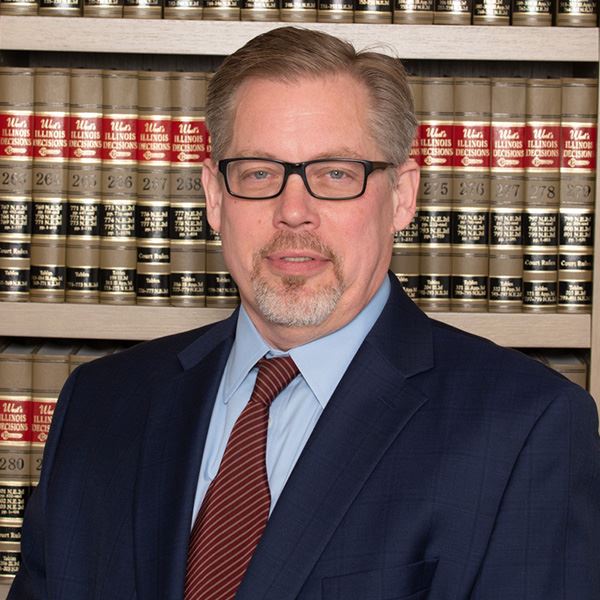Officers and Directors possess fiduciary duties to the entities or agencies that they represent. These include the duty to act in good faith, the duty of loyalty and the duty of care. A failure to properly use corporate and legal formalities may result in a breach of one or more of these duties.
Freedman v. Teachers College is a case that is an example of the breach of the duty of care. Freedman maintained a property in Connecticut for more than twenty (20) years. The subject property was originally owned by the St. Maron Maronite Catholic Church of Torrington (“Prior Owner”). Freedman had provided maintenance to the subject property during a period of more than twenty (20) years, without receiving compensation for their efforts. The work undertaken by Freedman included the payment of taxes and insurance, the renting of the property to third parties, the implementation of various kinds of work and upgrades at the property, and other indicia of ownership and control.
Freedman sued to establish their ownership of the property via adverse possession. The State Court ruled that Freedman had established control and ownership of the property because their adverse possession was continuous, hostile, open and notorious, actual, and exclusive for more than fifteen (15) years, which is the minimum standard for adverse possession in Connecticut.
Freedman would not have been able to seize control of the land had the Directors or Officers of the prior owners taken simple steps to preserve control. A lease agreement between the prior owners and Freedman would have established the parties rights and duties, and would have potentially enabled them to share in the income and profits generated by the property. A management agreement would have clearly identified that Freedman were providing a service to the prior landowner and that they were not entitled to ownership rights, or to adverse possession.
Religious Institutes must consistently evaluate their operations to confirm that they are utilizing appropriate corporate and legal formalities. Officers and Directors are required to protect the assets of Institutes and Ministries by formally documenting business relationship with other Institutes, other civil entities and with individuals.
A broad array of formalities are available that should be used by Officers and Directors to fulfill their duties of good faith, loyalty and care to their constituent and members. These include: (i) leases and ground leases when the possession or occupancy of real estate is in question; (ii) agency agreements can be used to establish parties’ responsibilities to each other when an Institute or Ministry is holding or otherwise in control of the assets of another party; and (iii) the use of service, management or maintenance agreements when a company or individual is providing services to an Institute or Ministry.
The attorneys at Airdo Werwas, LLC are available to consult with you on any matter involving your business, Institute or Ministry. If you have any questions or concerns about any issue involving your fiduciary duties, business practices, or any other corporate governance matters, please do not hesitate to contact the lawyer you regularly work with at the Firm or contact Steve Patterson at spatterson@airdowerwas.com.


